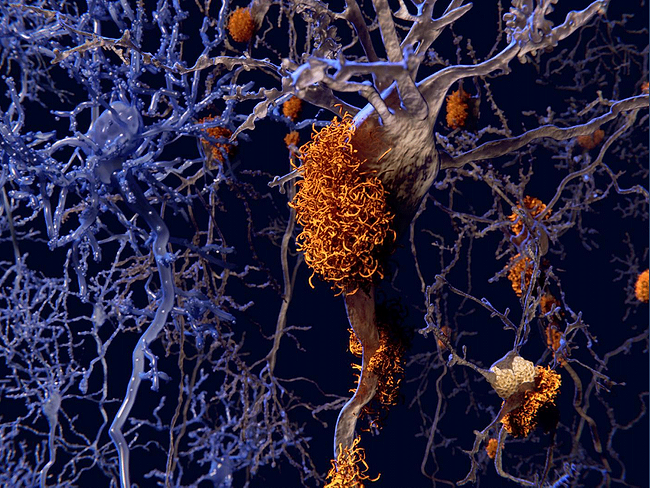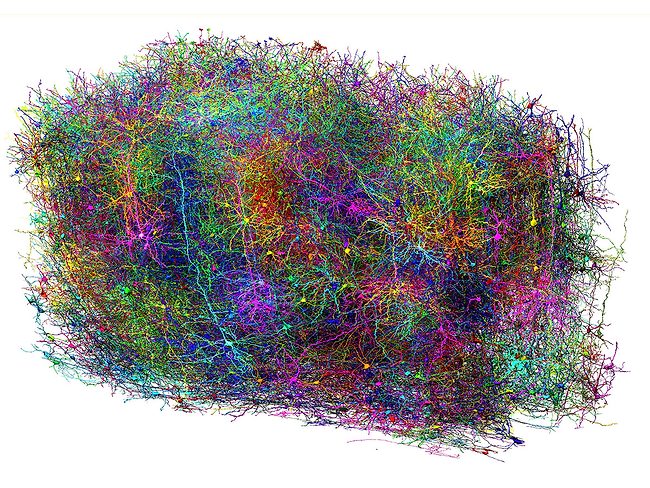
Neurology/psychiatric, BioWorld Science
Neurology/psychiatric
University College Cardiff Consultants describes new miglustat prodrugs
Read MoreNeurology/psychiatric
Neurizon’s NUZ-001 confers neuroprotection in preclinical neurodegeneration models
Read MoreNeurology/psychiatric




